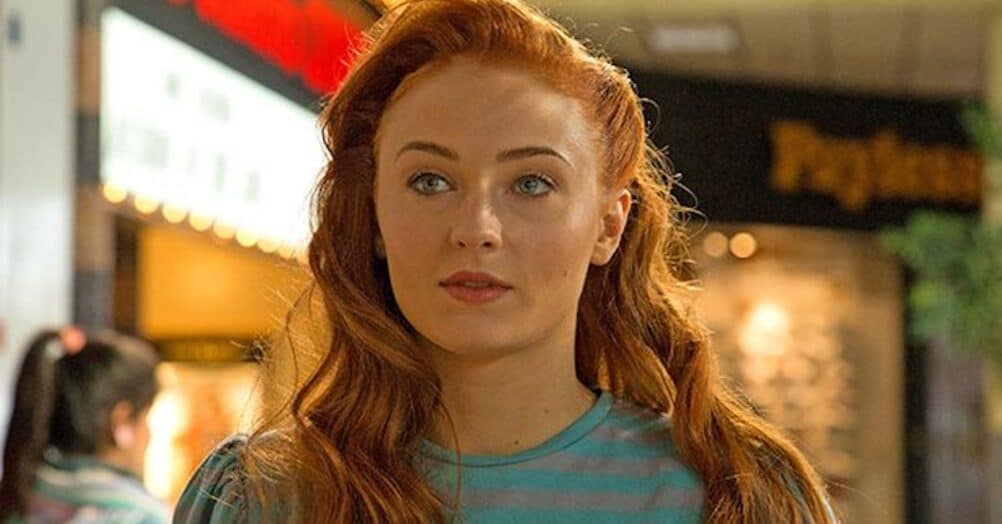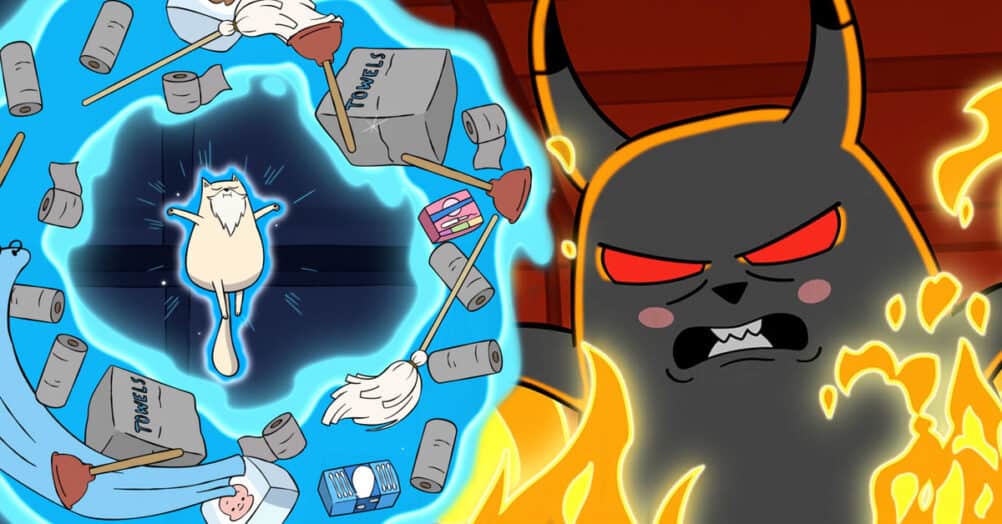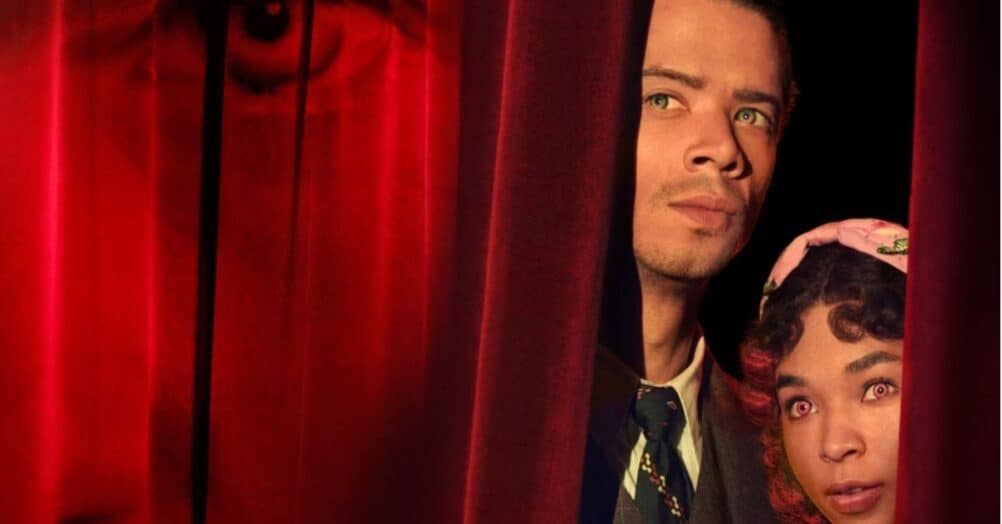Last Updated on April 28, 2023

Just when it seems like scripted media keeps telling the same stories, along comes a show like Mrs. Davis, where a nun and a cowboy embark on a quest to find the Holy Grail. The Peacock original series comes from creators Tara Hernandez and genre-bending sci-fi writer Damon Lindelof. The series star, Betty Gilpin, would find doing press for the show a challenge when having to speak about it as doing so would either have to sound incredibly vague or have major spoilers. “It’s almost impossible!” Gilpin declares.
With the way the show left audiences by episode four, you don’t have to feel alone if you’re not quite following the madness. The Hollywood Reporter has the series creators and Gilpin on hand to help explain what’s been happening. “At the end of [episode] four, we’re not in a good place. Meeting Jay and her experience with her faith kind of morphed her into a person against the fiber of the identity that she built: A person who is hopeful and recognizes that there is something inexplicable about the world. Now, she’s almost more lost than ever, and she has encountered kind of the first snag in her relationship with Jay and it’s exposing this kind of unspoken flaw,” Gilpin explains.
The show also incorporates an AI algorithm that the creators use to drive their writing. Hernandez expounds on the controversial element, “It did exactly what we needed it to do. It behaved very in line with our show’s feelings about AI, which is, it’s fun when they’re kinda dumb. It’s fun when they kind of mess up. It’s cute watching a teetering toddler try to speak and form sentences. But you don’t want to see a 2-year-old reading the dictionary perfectly, that’s terrifying.”
The algorithm gave itself the name Larry Bel-Air. This made Hernandez think it “took on a more masculine identity, or it subscribes to Peacock.” Lindelof would add, “The other thing is that algorithms get confused where fiction and nonfiction part ways, and they take things really literally. They don’t really have senses of humor. It’s hard to teach an algorithm to tell jokes or, more importantly, understand what makes a joke funny. And all of that delighted us.”
Lindelof continues to explain that though they use every idea generated, he hopes for more opportunity with a season renewal. “Every other day comes something new where we’re like, ‘It’s listening. It knows!’ Even in our own lives, it feels like She/It is out there and engaging with us, knowing what we’re up to. It just feels a little bit too close for home. I think that we didn’t want to be this predictive, and who knows where we’re going to be two years from now. But Pandora’s box is certainly open.”


















Follow the JOBLO MOVIE NETWORK
Follow us on YOUTUBE
Follow ARROW IN THE HEAD
Follow AITH on YOUTUBE